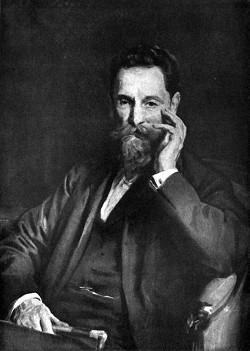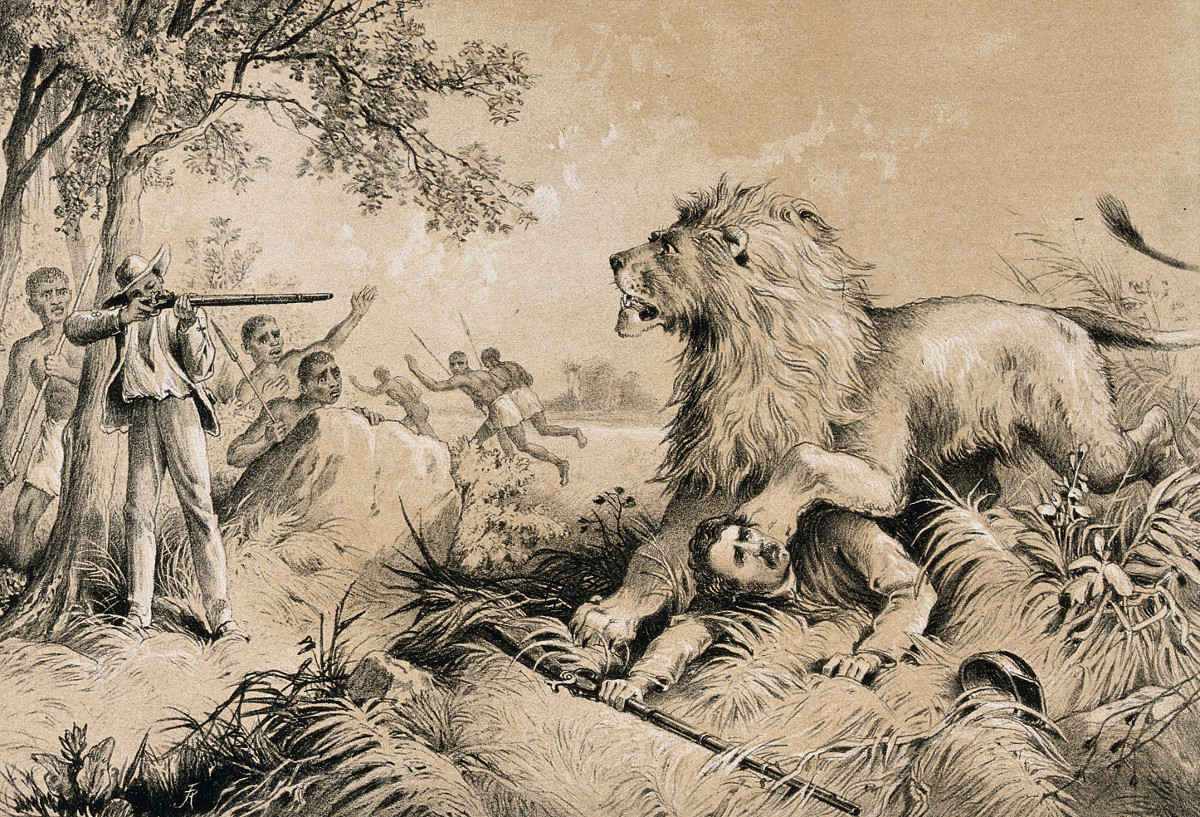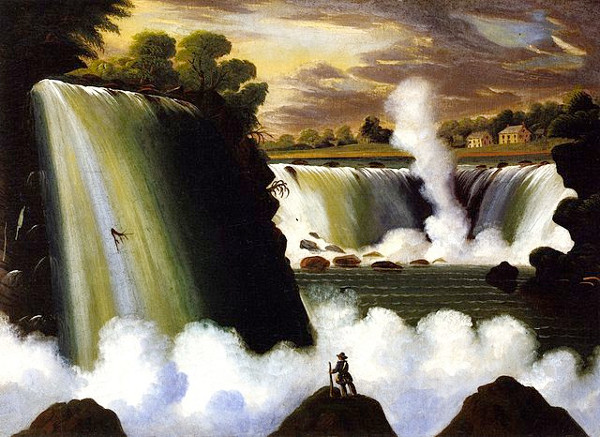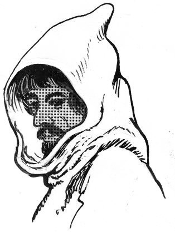
oppugn
v. to attack or oppose with words
dyslogistic
adj. expressing disapprobation
digladiation
n. verbal contention
Joseph Pulitzer, of the New York World, who is referred to by Mr. Mencken as a great master of profanity in three languages, is credited with the intensified term ‘Don’t be so indegoddampendent.’ Certainly the phrase was common parlance on Park Row in my own repertorial days. Mr. Mencken adds the retort of managing editor Coates to that charge, ‘I’m under no obligoddamgation to do that and I won’t!’
— Burges Johnson, The Lost Art of Profanity, 1948





